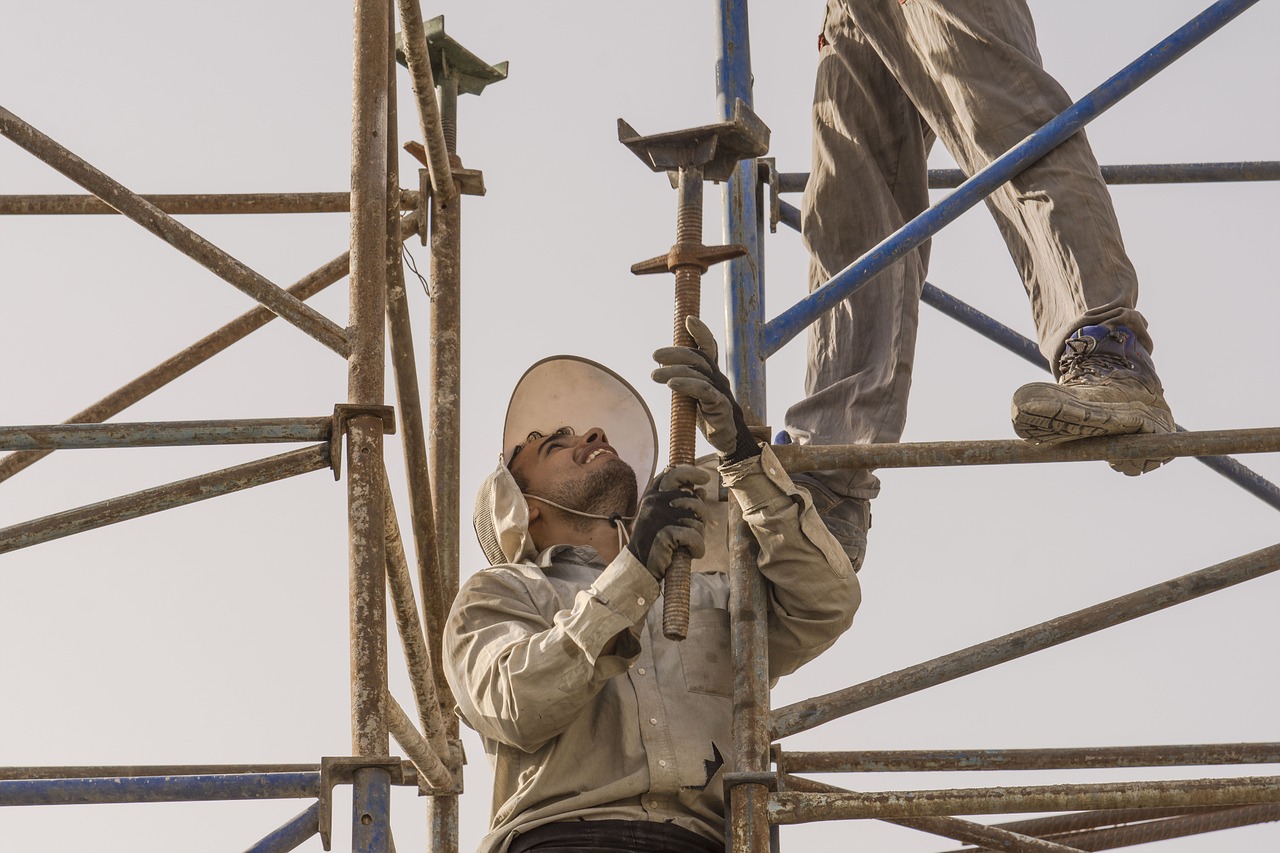Introduction
Key Responsibilities of a General Contractor:
- Project Planning and Coordination: A general contractor coordinates all activities, from obtaining permits to scheduling subcontractors. This ensures that the project runs smoothly without unnecessary delays.
- Hiring and Managing Subcontractors: General contractors have established networks of skilled subcontractors. They hire and supervise professionals such as electricians, plumbers, carpenters, and other specialists, ensuring that each task is completed to specification.
- Budget Management: One of the primary roles of a GC is to manage the project’s budget. By sourcing materials and labor efficiently, they prevent cost overruns and unexpected expenses.
- Ensuring Compliance with Regulations: Construction projects must comply with various building codes and safety regulations. General contractors ensure all aspects of the project meet local, state, and federal standards.
- Problem-Solving: Construction projects often face unexpected challenges such as delays, design changes, or supply shortages. A GC is equipped to handle these issues, minimizing disruption to the project timeline.
Benefits of Hiring a General Contractor
- Expertise and Experience: General contractors bring years of experience, ensuring that your project is built to the highest standards of quality.
- Time-Saving: With a general contractor overseeing the project, you won’t have to worry about managing multiple vendors or resolving conflicts. This can save you significant time and stress.
- Cost Efficiency: General contractors often have established relationships with suppliers and subcontractors, allowing them to negotiate better prices on materials and labor.
- Accountability: Since the general contractor is responsible for the entire project, they serve as a single point of accountability. This ensures that issues are addressed promptly and the project stays on track.
When to Hire a General Contractor
Hiring a GC is especially important for large-scale projects that involve multiple trades and complex timelines. For smaller projects, such as basic repairs or updates, a handyman might suffice. However, for anything involving structural changes, plumbing, or electrical work, having a licensed general contractor can ensure that the work is done properly and safely.
In conclusion, a general contractor is the key to a successful construction project. Their ability to manage every aspect of the build—from planning and budgeting to execution—makes them an indispensable partner in turning your vision into reality. Whether you’re building a new home, renovating an office, or expanding a commercial space, hiring a skilled GC can save you time, money, and stress in the long run.










